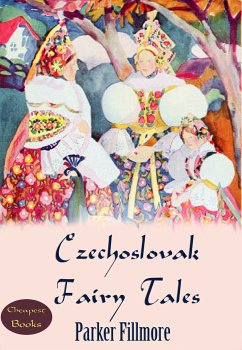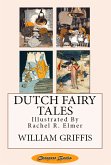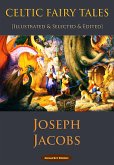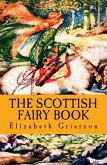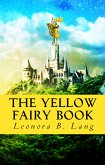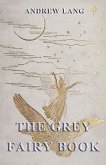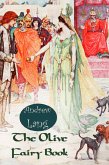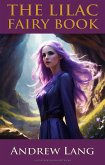Parker Fillmore, author of "The Laughing Prince", was a collector and editor of fairy tales from Czechoslovak tales and Slavic folklore. The Laughing Prince is classified as Slavic fairy tales, but the collection is also compromised of fairy tales and folklore for Bosnia, Bulgaria, Croatia, the Czech Republic, Montenegro, Russia, the Ukraine, Slovakia, Slovenia, Serbia, Poland and others. This Book, His other work, "Czechoslovak Fairy Tales", is another collection of fairy tales. Fillmore enjoyed the fairy tales he heard, and received a scholarship from patrons to spend time collecting these iconic tales that were part of the heritage of many he encountered in Czechoslovak and elsewhere. He referred to the tales as "charming little tales of sentiment" and called a few "full of stark simplicity and grim humor." He also calls the tales his "own renderings" and not exactly translations, an important distinction to make. He does say, however, that he didn't invent new details, but instead made the stories his own. This rendering of some of the old Czechoslovak tales is not offered as a literal translation or a scholarly translation. I have retold the stories in a way that I hope will please American children. I have tried hard to keep the flavor of the originals but have taken the liberty of a short cut here and an elaboration there wherever these have seemed to me to make the English version clearer and more interesting. [Parker Fillmore]
Dieser Download kann aus rechtlichen Gründen nur mit Rechnungsadresse in A, B, BG, CY, CZ, D, DK, EW, E, FIN, F, GR, H, IRL, I, LT, L, LR, M, NL, PL, P, R, S, SLO, SK ausgeliefert werden.

